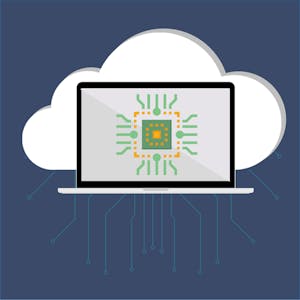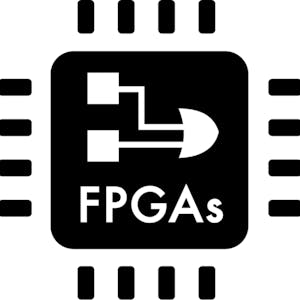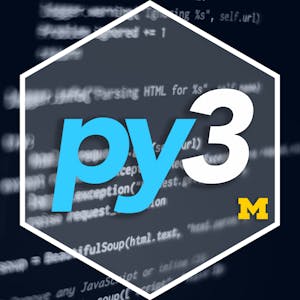Building Cloud Computing Solutions at Scale
About this Specialization
With more companies leveraging software that runs on the Cloud, there is a growing need to find and hire individuals with the skills needed to build solutions on a variety of Cloud platforms. Employers agree: Cloud talent is hard to find. This Specialization is designed to address the Cloud talent gap by providing training to anyone interested in developing the job-ready, pragmatic skills needed for careers that leverage Cloud-native technologies.\\n\\nIn the first course, you will learn how to build foundational Cloud computing infrastructure, including websites involving serverless technology and virtual machines, using the best practices of DevOps. The second course will teach you how to build effective Microservices using technologies like Flask and Kubernetes that are continuously deployed to a Cloud platform: Amazon Web Services (AWS), Azure or Google Cloud Platform (GCP). The third course begins to put together all of the Cloud concepts introduced in the first two courses to tackle more complex data engineering solutions. And finally, in the fourth course you will apply Machine Learning Engineering to build a Flask web application that serves out Machine Learning predictions.Created by: Duke University

Related Online Courses
This Specialization covers marketing concepts but, more importantly, emphasizes the need by companies and individuals to think openly across international markets and industries for new ideas or... more
The objective of this course is to acquire proficiency with Field Programmable Gate Arrays (FPGA)s for the purpose of creating prototypes or products for a variety of applications. Although FPGA... more
Embark on a comprehensive journey into the intricate realm of fire and life safety systems with our specialized curriculum. Designed to equip learners with a multifaceted understanding of fire... more
In the \"Network Interventions\" course, learners will explore the foundational principles of data manipulation, visualization, and the dynamics of networks. This course stands out by seamlessly... more
This course introduces classes, instances, and inheritance. You will learn how to use classes to represent data in concise and natural ways. You\'ll also learn how to override built-in methods and... more








